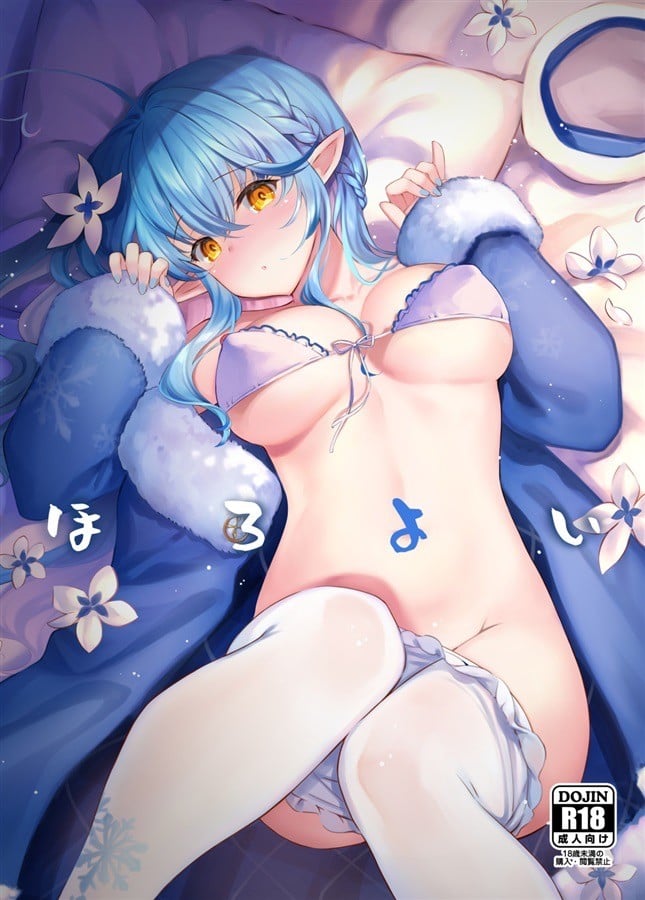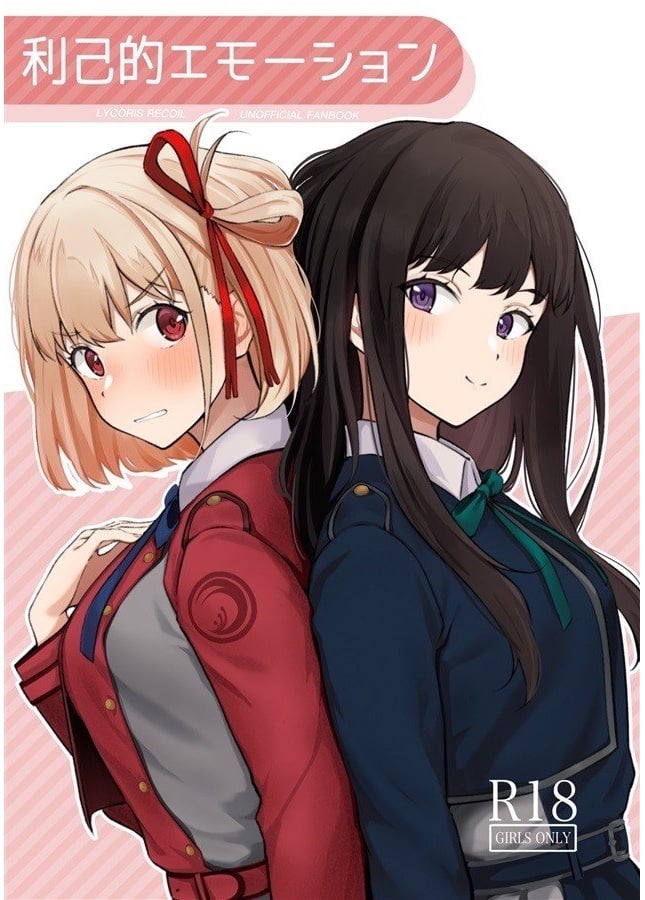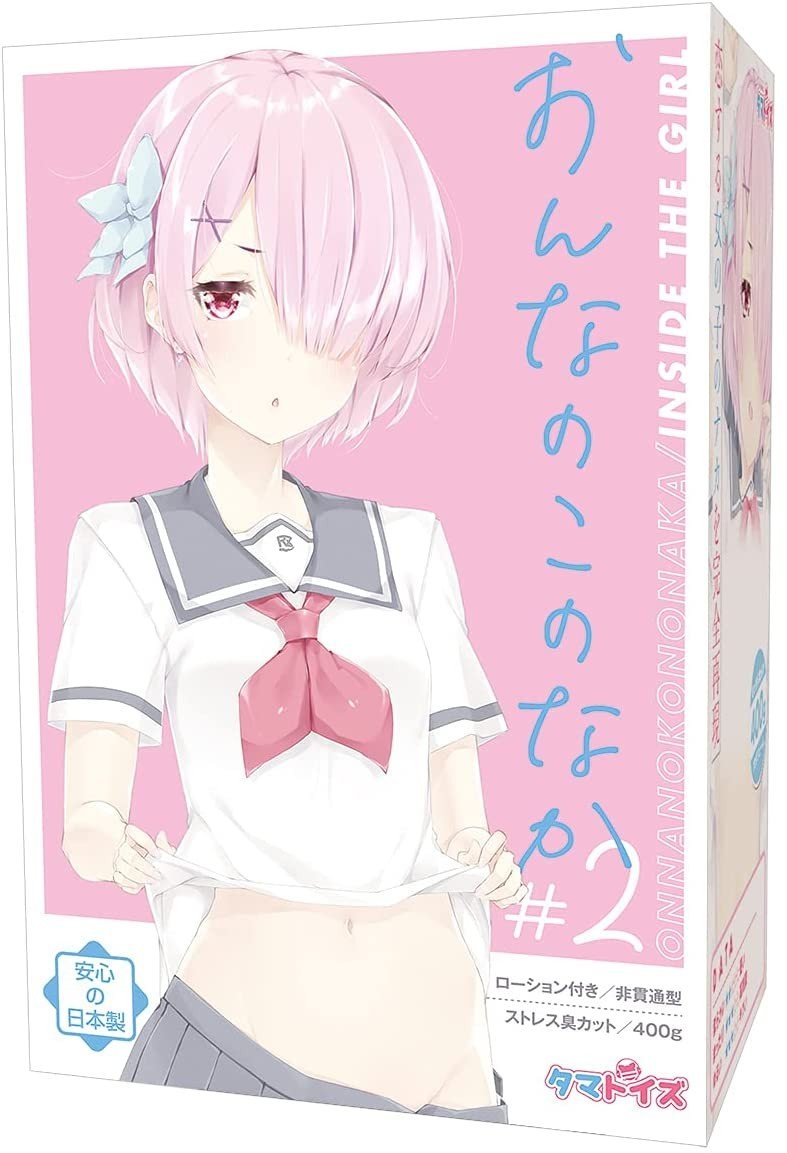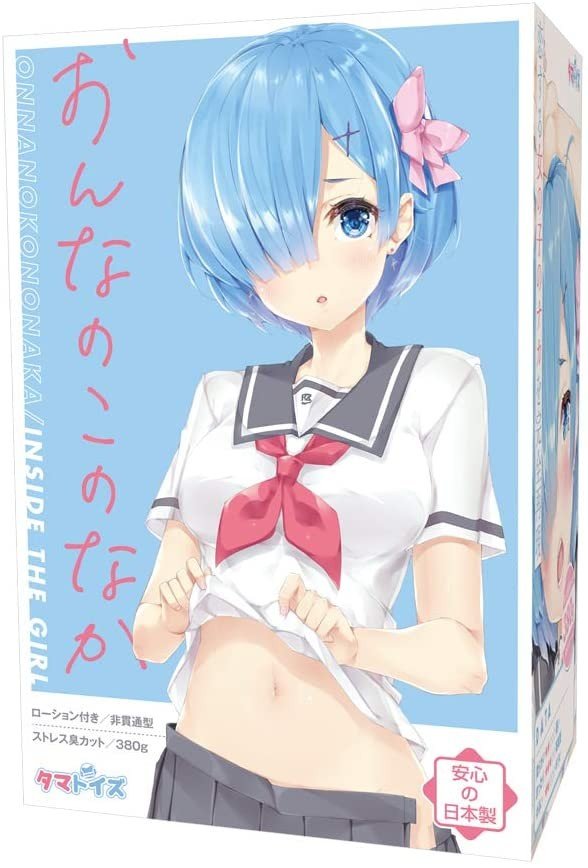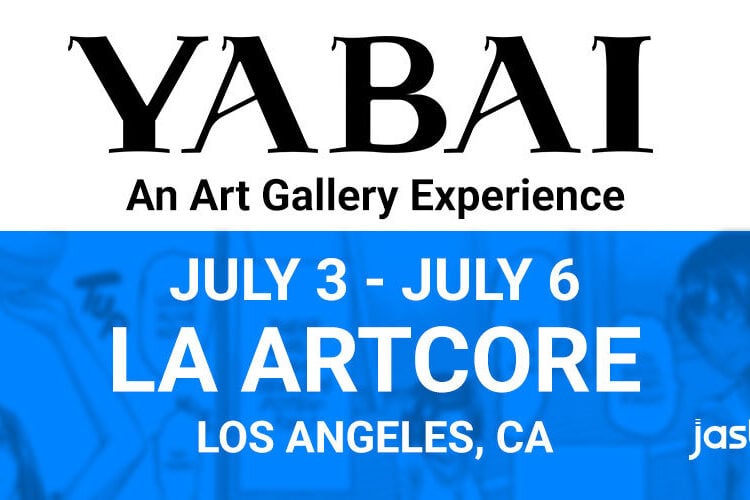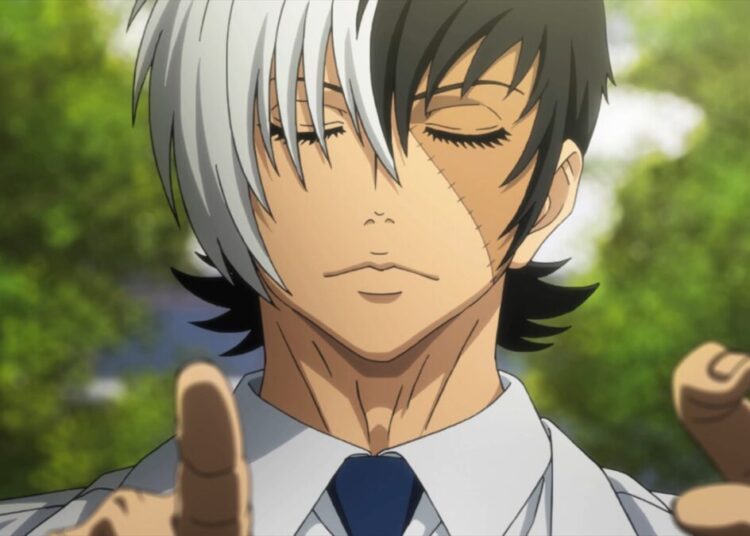Recently news broke that a Japanese man in Kanagawa Prefecture had been arrested for selling bootleg dakimakura hug pillows. Let’s explore why these hug pillows are considered “counterfeit” and illegal, while parody doujinshi seem to be perfectly okay.
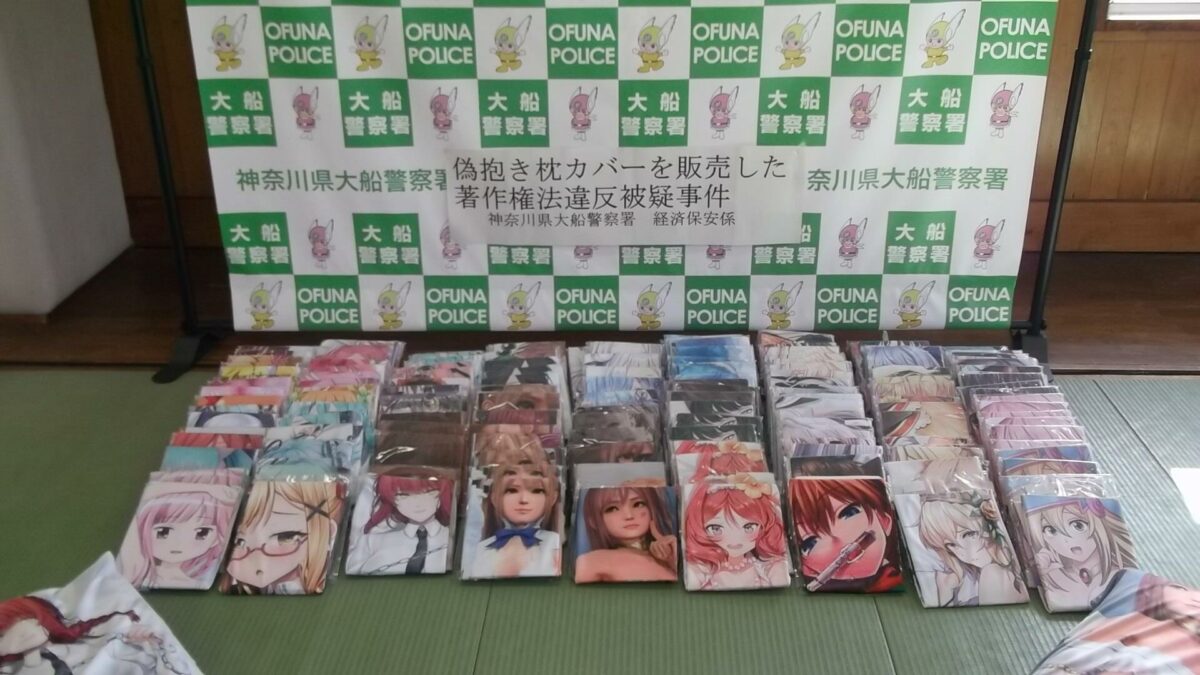
Busted Selling Bootleg Dakimakura Pillows!
The man, aged 44 years old, was found to be in possession of 72 dakimakura hug pillow covers featuring copyrighted characters, including Iroha from Magia Record, Momo from To Love-ru Darkness, Makima from Chainsaw Man and Dark Magician Girl from Yu-Gi-Oh! A search of his home revealed 600 more, meaning that he had quite an illicit operation going.
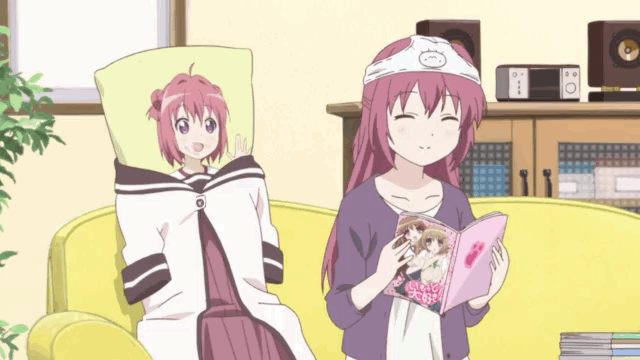
Why Are Doujinshi Okay But Counterfeit Dakimakura Are Not?
If you look at Japan’s doujin world, including the doujinshi J-List sells, you might come to the conclusion that Japan has a laissez-faire view of copyright. This is far from the case, however, and Japanese companies can be quite aggressive when it comes to enforcing their I.P. rights.
Related: The Latest Industry Attempts to Combat Manga Piracy
So what about doujinshi based on existing characters? If you check the websites of companies like Nitroplus, you’ll find a small section in which they specifically give permission for doujin katsudou or activities related to creating derivative fan works based on their characters at events like Comiket.
In general, things that are allowed are:
- Fan groups making amateur comics, novels or other related works based on copyrighted characters.
- Fan groups selling each other’s works at events, or through doujin shops.
- Creating fanart of copyrighted characters for distribution on sites like Pixiv.
Anime studios understand that ecchi doujinshi are part of a healthy fan “ecosystem” for any intellectual property, and generally wouldn’t take actions that could destroy that important balance. They’re also aware that pretty much all professional creators currently working in the industry got their start making naughty parody works at Comiket, and if the “doujin faucet” were ever turned off, it could mean no new generations of artists to drive the industry forward.
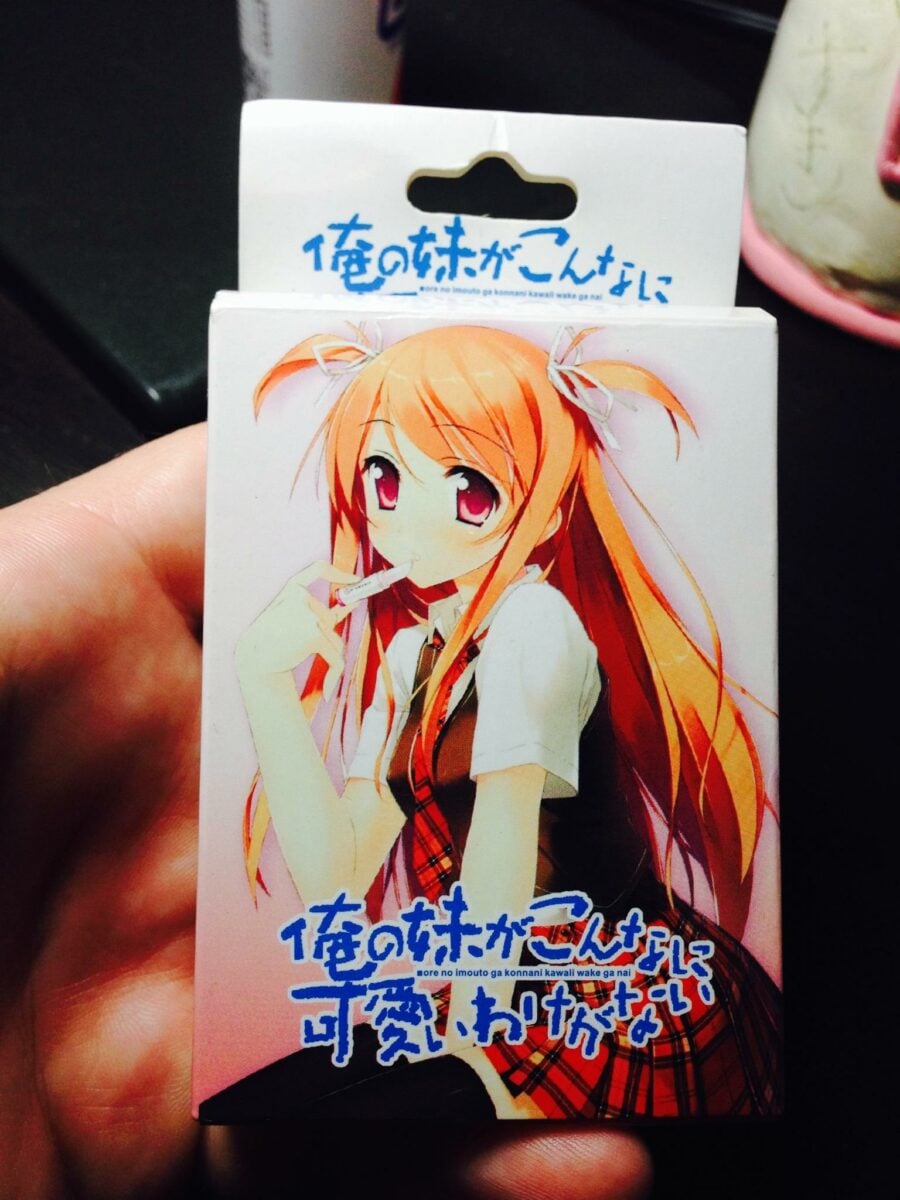
What companies object to are products that use actual copyrighted art owned by themselves or other artists without permission, low-quality items that are cheaply mass-produced in other countries and distributed abroad en masse, and especially, digital counterfeit products like the Taiwanese anime CDs and DVDs that have been a big problem in the past. There’s also a huge cultural stigma in the industry against “nude mod” anime figures, and some of these modders have faced legal repercussions for modding their own figures.
Want to browse the licensed dakimakura and other products on J-List? The link is here!
But what about the hentai parody toys J-List sells? While many of the onaholes on our site are official hentai products that let you enjoy sexy times with characters from your favorite ero anime, there are quite a few “parody” products that have original art that’s vaguely (?) based on famous anime characters. These are sold as “doujin” parody products, and as a rule anime studios look the other way.
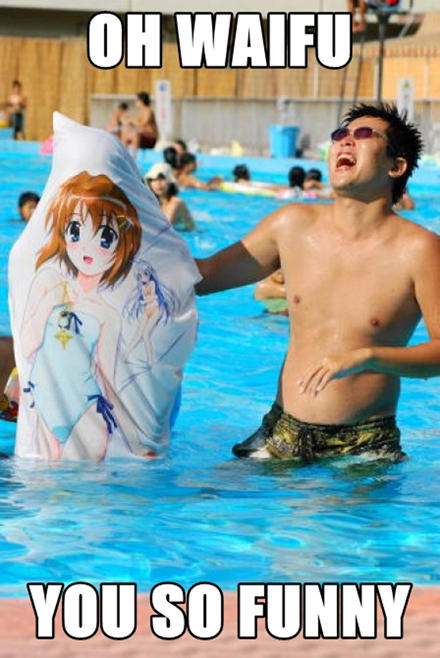
How Anime Companies Combat Counterfeit Products
We’ve all been to anime conventions and seen shady booths selling Totoro plush toys that looked like they’d gotten food poisoning, or obviously counterfeit dakimakura hug pillows from China. We might have bought one or two of these products, and probably regretted it later.
One of the strange things about Facebook is the way it will connect you with users with some randomness, and as a result of this, I found I had a bunch of anime fans from Vietnam in my friends list. One day I saw one showing off a limited Blu-ray he’d bought, and I asked him whether it was licensed or pirated. The reaction of my Vietnamese Facebook friend surprised me: “Of course it’s licensed! Don’t confuse us with the Chinese!” I appreciated that he wanted to make sure I knew he was a proper fan who supported the industry.
I think there’s a general trend of fans moving away from bootleg goods and towards owning licensed products owned by reputable companies. Even Taiwan, once the world capital of crappy counterfeit anime products, finally got on board with international copyright, managing to become quite a good place to sell localized visual novels and other products. (Though on my last visit there, I observed that the farther you got from Taipei, the more “questionable” anime products showed up in stores.)
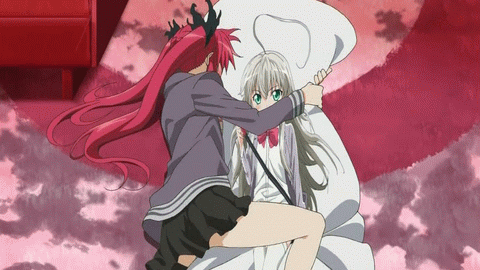
Hopefully, the share of anime products sold by for-profit makers in shady countries will continue to fall, as fans refuse to buy counterfeit dakimakura and other bootlegs, instead only buying products properly licensed by their copyright holders.
Thanks for reading this post about counterfeit dakimakura hug pillows being sold in Japan. Got any comments or questions about copyright in Japan? Post them below, or reply to us on Twitter!
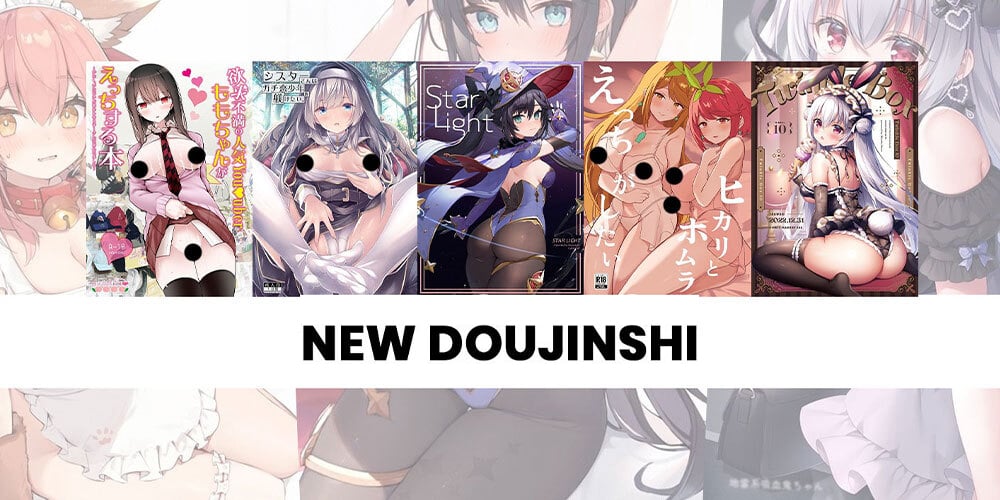 J-List always has the best doujinshi and doujin artbooks from Japan’s top artists, and we’ve been extra busy, adding new products to the site for you. Browse them all here!
J-List always has the best doujinshi and doujin artbooks from Japan’s top artists, and we’ve been extra busy, adding new products to the site for you. Browse them all here!


